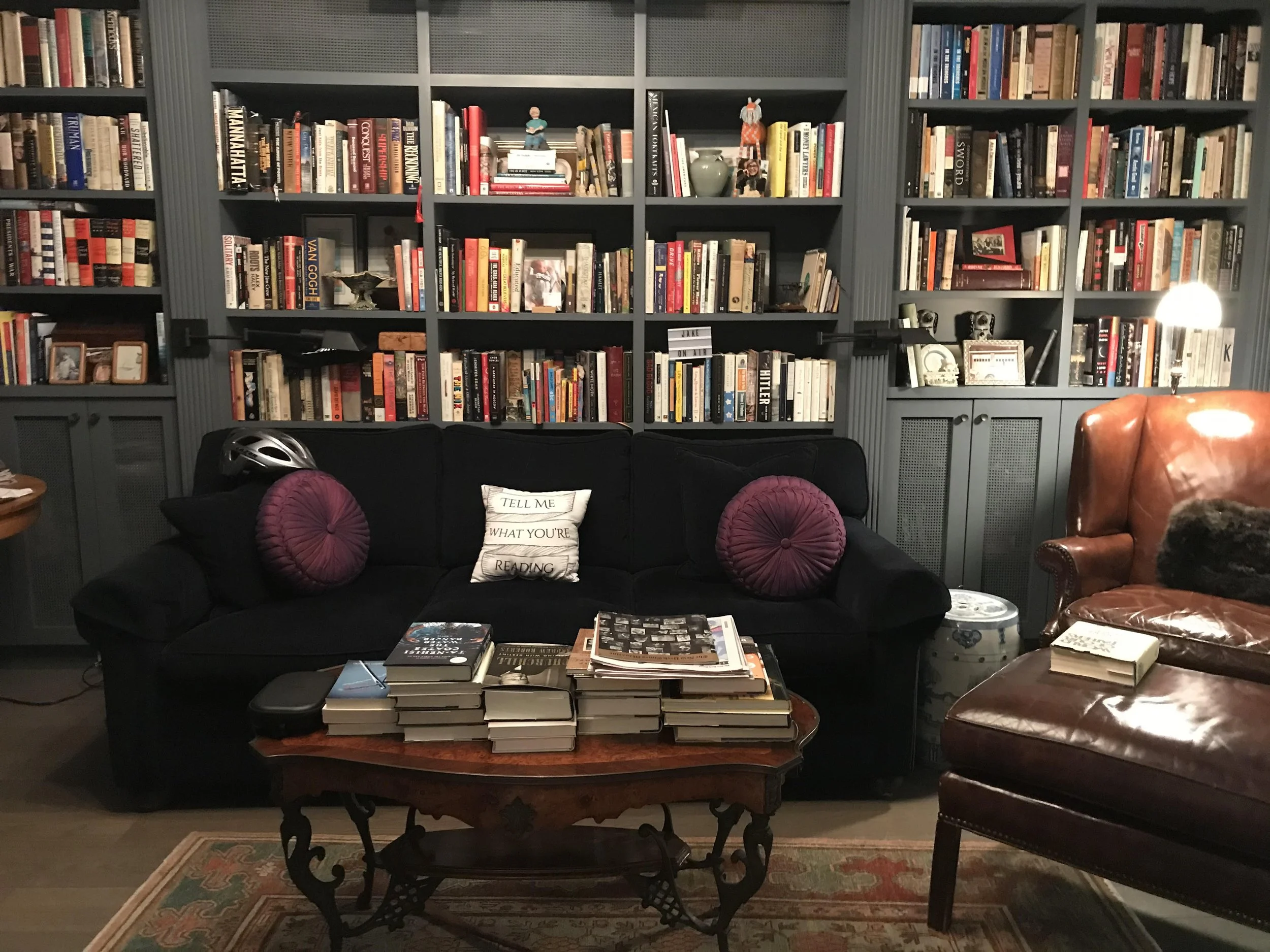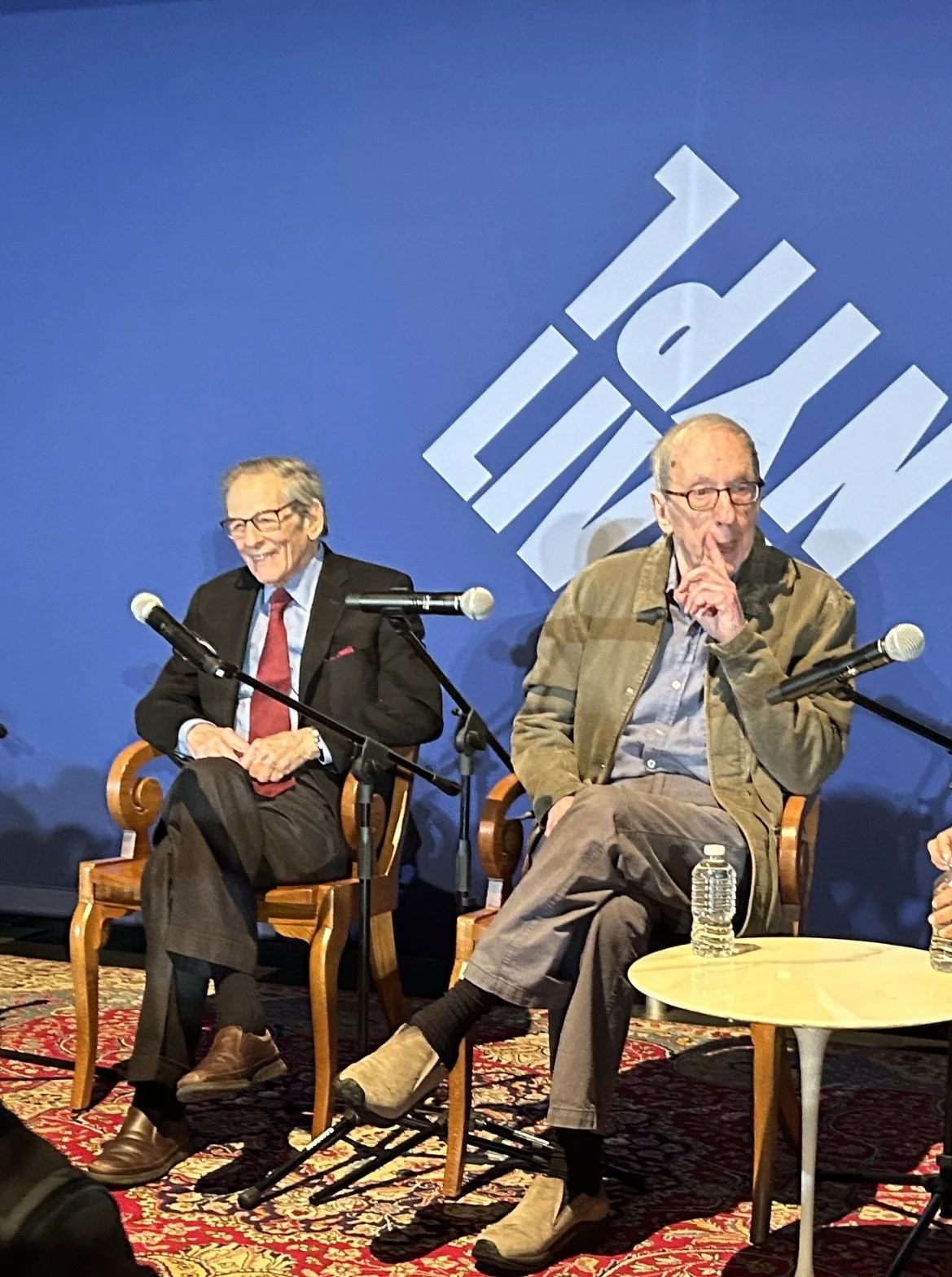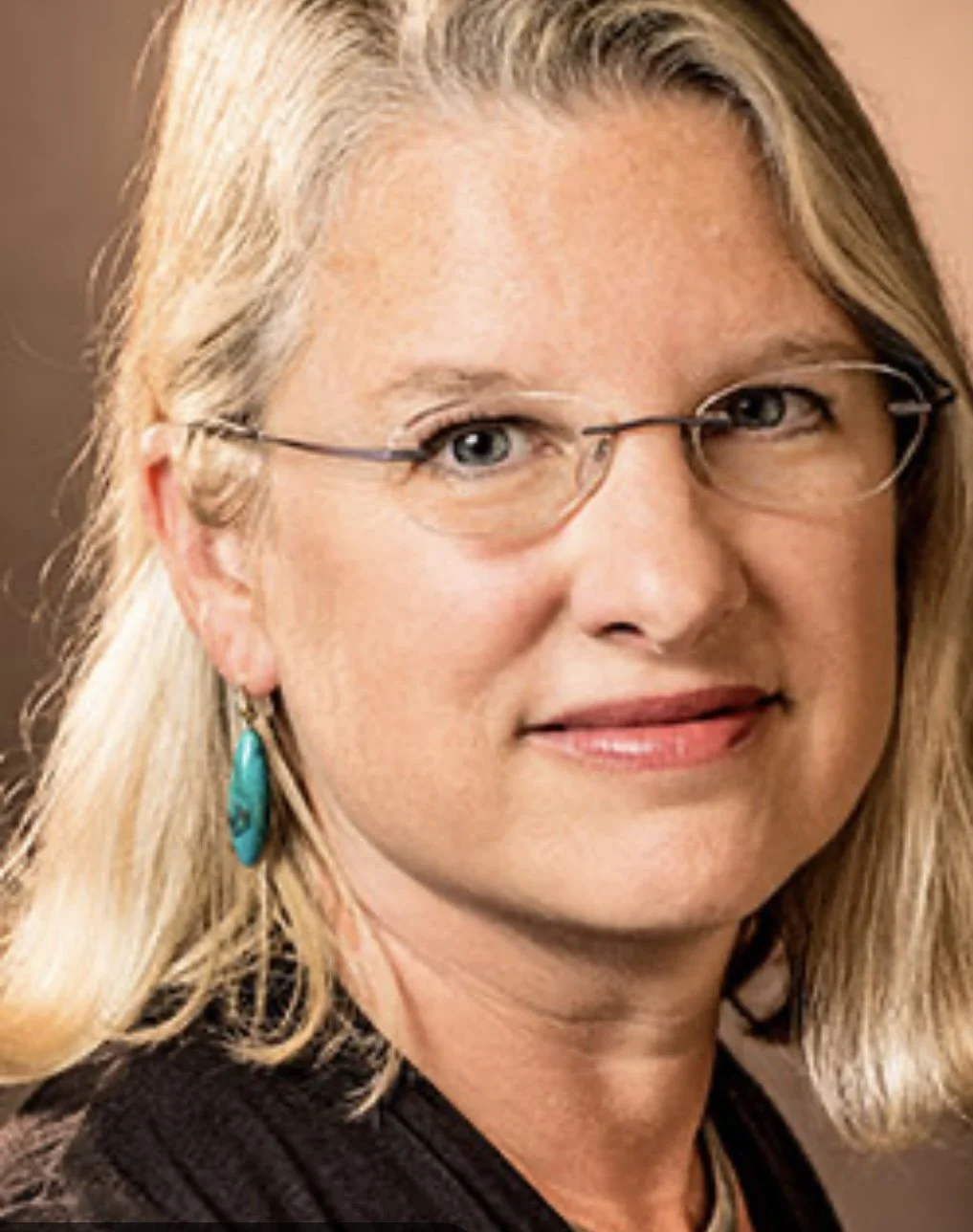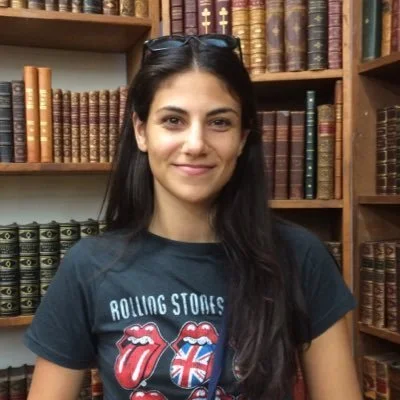Ten Book Recommendations
I’ve recently recommended these ten books to some of my dear younger cousins. I’ve mentioned most of these in my podcasts. “Tell Me What You’re Reading”, wherever you listen to podcasts.
Hamnet, by Maggie O’Farrell One of the best books I have ever read. Both beautiful and devastatingly sad, with a sweet ending. A master class in the use of detail to paint a picture in a novel. Reading along and when I read of the father‘s frequent absences, and his letters regarding crowds and rival playhouse owners and costumes, etc., was suddenly jolted into the realization, the recollection, that this is all about Shakespeare (whose name is never mentioned in the book). I felt all of a sudden like I was reading about an old friend.
A Gentleman in Moscow, by Amor Towles An elegant, historical novel of post revolutionary Moscow, expounding on the literature, poetry and classical music of the time, and on the timelessness of friendship, children, parenting, food and wine, and on the pace of life itself. So many great passages; this may be my favorite:
“When all was said and done, the endeavors that most men saw as urgent (such as appointments with bankers and the catching of trains), probably could have waited, while those they deemed frivolous (such as cups of tea and friendly chats) had deserved their immediate attention.”
The Cold Millions, by Jess Walter Police brutality, union organizing (the Wobblies) and polarization, and includes a charismatic, idealist, labor activist, Elizabeth Gurley Flynn, who was an untiring and defiant advocate for others. The main tale is one of a fraught sibling relationship and of multiple other actors, each bearing varying degrees of malice. A very good read despite the constant reminders of the present day. (And, by the way, lots of love shown for books and reading throughout the novel.)
The Latecomer, by Jean Hanff Korelitz An engrossing, highly entertaining late 20th/ early 21st century upper class New York novel, running through Brooklyn Heights, Martha’s Vineyard, IVF and frozen eggs, private school, Ivy League colleges, sibling rivalry, family dysfunction, trauma, lies, deceits, infidelity and scandals, class, race, politics, religion, art, lost and found relationships. A tragic accident at the outset has an impact on all 400+ pages.
A chance meeting results in a marriage born out of sorrow and compassion, and then IVF triplets. The father is disconnected, the mother is anxious, clueless and in pain, and the siblings want no part of each other or of their parents. A fourth IVF child from the same batch of eggs that produced the triplets is born 18 years later (the “latecomer”). Each of the kids is quite different from the others. Korelitz has manufactured a bevy of mostly flawed and unattractive yet compelling and fully developed characters (Korelitz has called one of them a “nasty piece of work”). It took a while to find characters to like, but it happened. Several turns of events brought either gasps or laughter, sometimes both. With Korelitz, there is always another wave to come crashing onto the beach. Dripping with satire. Highly recommended.
The Plot by Jean Hanff Korelitz Stories: “begged, borrowed, adapted, embroidered . . . perhaps even stolen”; ; who owns a story? A novel about a “novel”, about biographical novels, about writers and writing. A spectacular thriller.
This Time Tomorrow, by Emma Straub I cannot remember another book that had me reading through tears in my eyes like this. Both poignant and beautiful. A father and his daughter. Great recommendation by Melanie!
Trust, by Hernan Diaz Great story; great read. The Gilded Age, the Roaring Twenties, the Great Depression, Wall Street, wealth, money, power, immigrants (“exiles”), anarchists, the role of women in society, a search for “truth”. To some extent a period piece, but actually timeless. In case we need another reason to question what we read, Trust concerns itself with questions about the boundaries between history and fiction. Who can we trust to tell the truth? One character declares, “History itself is just a fiction—a fiction with an army”, and then “Reality is a fiction with an unlimited budget.” Thought provoking at every turn.Highly recommended.
A novel, an autobiography and a memoir within the novel itself. One reviewer notes that “Her tardy search for the truth becomes a fascinating exploration of the way history is shaped by facts, competing desires and even archival accidents. What can we trust to be the truth?
Apeirogon, by Colum McCann Beautiful, heart-wrenching, heartbreaking, thought-provoking. Also controversial. A novel based on fact: The friendship between an Israeli man whose teenage daughter was killed in a suicide bombing in 1997 and a Palestinian man whose daughter was fatally shot in the head by an Israeli soldier ten years later. The men met through “Combatants for Peace”, an organization that aims to “end the occupation of Palestine”, and they are now involved in an organization for Israelis and Palestinians who have lost family members in the conflict (Parents Circle).The book was a gift from Jim Nelson, one of our painters in Woodstock, who wanted me to know the writing of Colum McCann.
Let the Great World Spin, by Colum McCann Written in 2009, a “pre-9/11” novel that starts in August 1974 on a highwire between the two World Trade Towers, and promptly comes down to earth, landing with a thud in the South Bronx during its nadir of poverty, violence, drugs, blight, desperation and prostitution. This was the South Bronx where my Dad and his brothers experienced much of it at their small retail TV and appliance store, which was established as a radio and music store in the 1920s by their father, Louis Altarescu. The pace of robberies and other abuses finally resulted in their closing the store in the early 1970s.
Horse, by Geraldine Brooks Terrific story. A good balance of fiction and heavily researched historical content. Suspenseful, and terrifying in many spots. This is a novel about the Black slave who groomed and trained a legendary horse in the pre-Civil War South, and also about racial tensions in the current day.
In a PBS Newshour interview, Brooks acknowledged the cultural appropriation discourse and of the resulting responsibilities. She says,
“I could have written about the horse and the white owners, but that, to me, would be another unconscionable erasure of the contributions of the Black horsemen. So I knew I was going to have to go there. … I came to the conclusion that it was better to make the honest attempt than to leave the story untold. And, also, I feel like any attempt at empathy, no matter how imperfect it might be, shouldn't be despised, because we need more attempts at empathy, not fewer.”
A highly recommended read (as are all of the others above).






